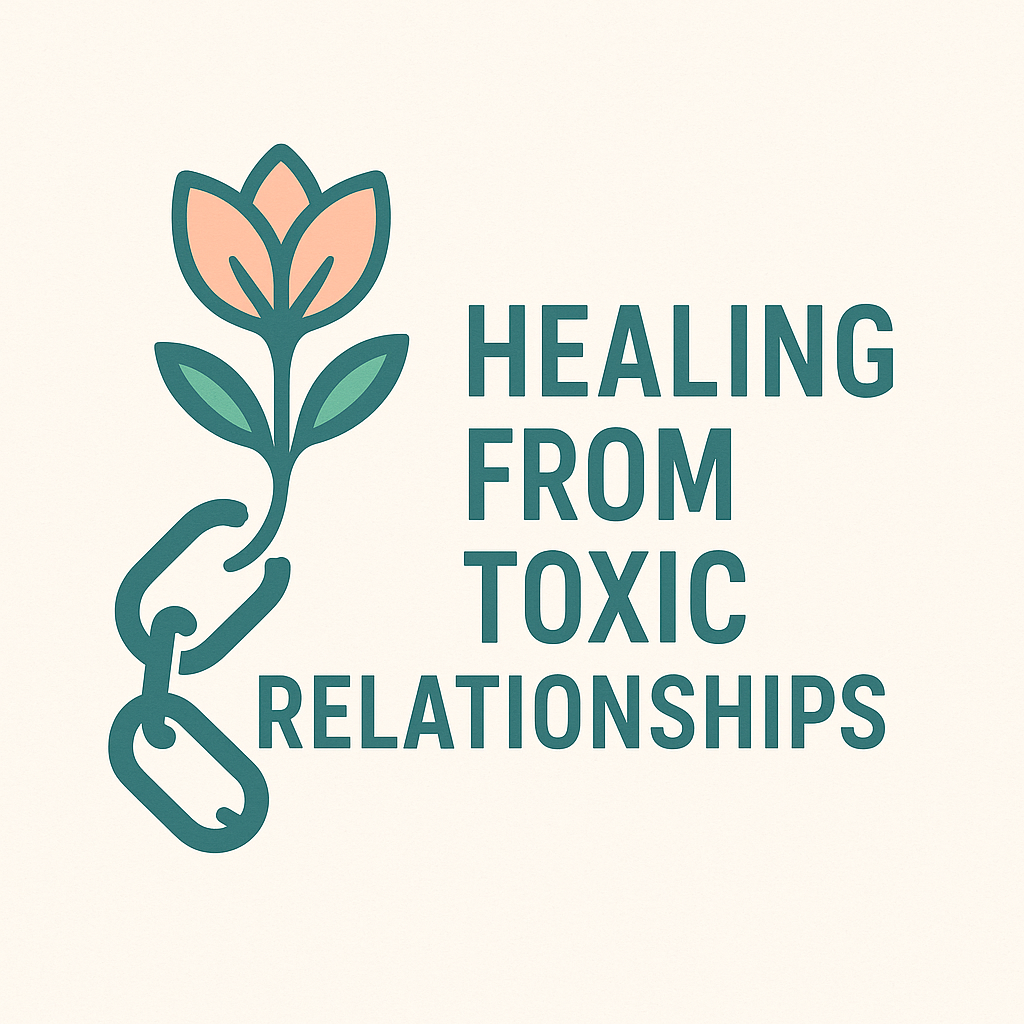How Internal Family Systems (IFS) Therapy Helps You Heal from Childhood Abuse
(Especially if you're still carrying the voices and wounds you grew up with)
You may already know what happened to you was abuse.
You might even know it still affects you.
But what nobody tells you is how to actually heal the parts of you that still carry it.
That’s where Internal Family Systems (IFS) therapy comes in.
🧠 First, What Is IFS?
IFS is a gentle, evidence-based therapy developed by Dr. Richard Schwartz.
It’s built around one core belief:
You are not broken. You are made of parts. And every part of you is trying to protect you.
Even the parts that feel:
Angry
Addicted
Numb
People-pleasing
Self-critical
Or stuck in survival mode
In IFS, we don’t shame those parts.
We listen to them.
We get curious.
And we help them let go of the roles they took on when you were just trying to survive.
🚨 How Childhood Abuse Creates “Parts”
When you were a child in a chaotic, abusive, or neglectful home, your system did what it had to do to survive:
A part of you shut down to avoid attention.
A part of you became hyper-vigilant.
A part of you worked hard to be perfect.
A part of you might still carry the shame that wasn’t even yours.
These aren’t flaws.
This was the only way you could protect yourself.
IFS helps you appreciate these important parts of your personality. You can learn to relate to yourself with curiosity and compassion rather than self criticism.
“All parts are welcome.” —Richard Schwartz, Ph.D.
🔄 What Healing Looks Like in IFS
IFS doesn’t force change. It builds safety, trust, and connection—with yourself.
In therapy, you might:
Notice your internal voices or reactions without judgment
Identify which part is activated (“That’s my inner critic” or “That’s the shutdown part”)
Build relationships with those parts from your core Self—the calm, wise part of you that’s not burdened by trauma
Unburden the pain those parts have been carrying—often pain that started in childhood but never got healed
It’s not quick. It’s not always easy.
But it is powerful.
🧩 Why IFS Works for Abuse Survivors
Because it:
Never pathologizes you
Helps you find compassion for yourself
Doesn’t push past defenses—it honors them
Gets to the root of the pain, not just the symptoms
Allows you to rewrite your internal story without reliving every traumatic memory
“IFS is especially effective for survivors of abuse because it brings healing to the parts of the self that were split off, shamed, or silenced.”
—Dr. Frank Anderson, MD, trauma expert & IFS trainer
Final Thought:
IFS doesn’t erase the past.
It teaches you how to live with yourself differently.
You don’t have to hate your triggers, silence your pain, or keep pretending you’re okay.
There’s a version of you underneath it all—calm, curious, and full of compassion.
That version is still here.
IFS helps you find it.
